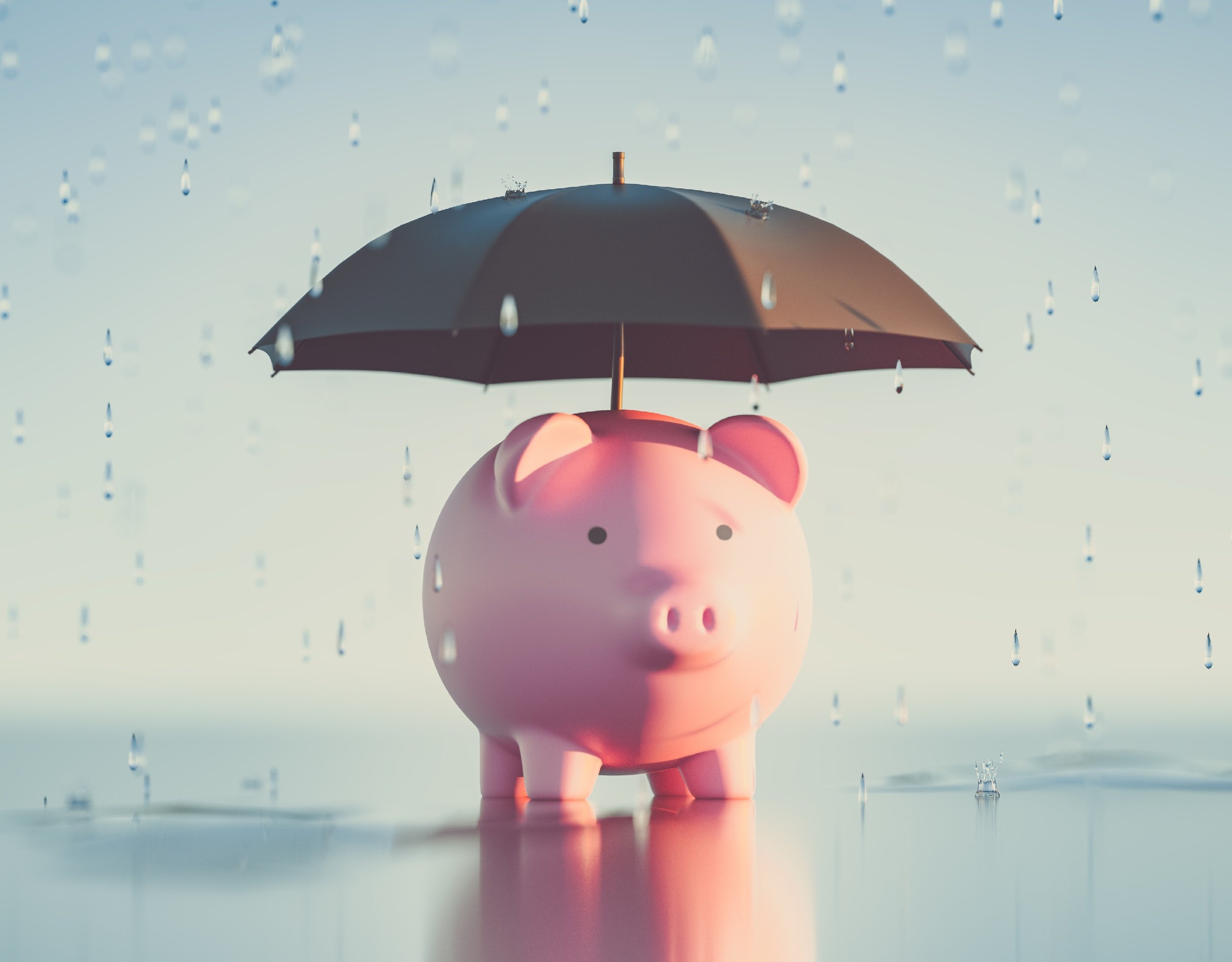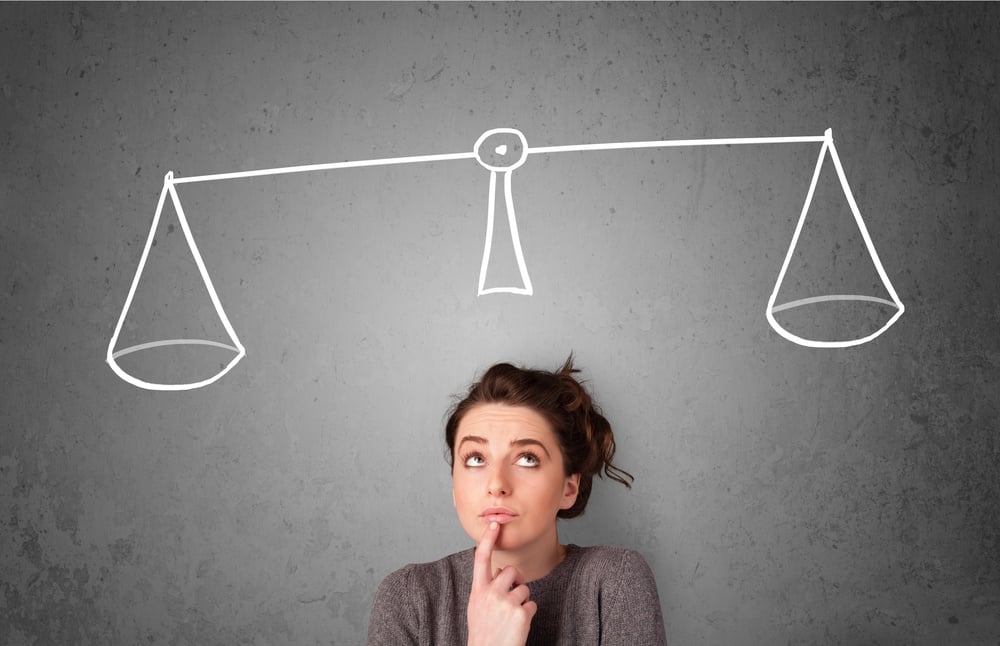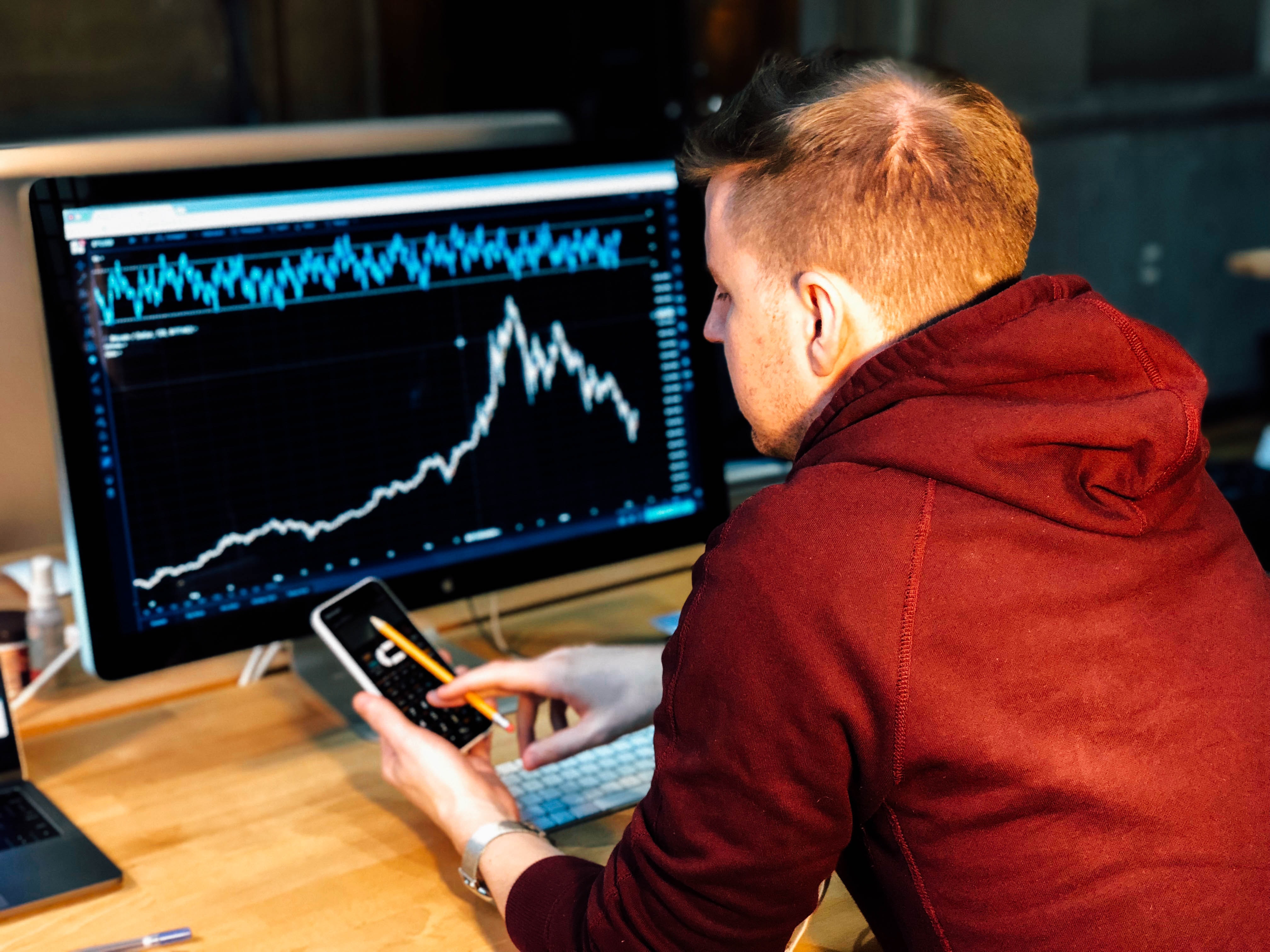What is a Money Market Account Used For?
If you’ve heard of a money market account, you know that they give you a better interest rate than you’d get from a traditional savings account....
4 min read
 Chris Gottschalk
:
Aug 15, 2023 4:30:00 AM
Chris Gottschalk
:
Aug 15, 2023 4:30:00 AM

We’ve all dreamed about the fun things we’d do if we were to suddenly get a large sum of money, whether it’s from winning the lottery or getting an inheritance from a multimillionaire relative you never knew you had. The reality, though, is that large sums of money come with their own problems, and if you’re not careful you can find yourself worse off than before the money was yours.
That’s the bad news. The good news is that if you use it right, a large sum of money can do a lot more for you than buy an expensive new toy. It can completely transform your personal finances, shield you from almost any financial emergency and even help you achieve some of your financial goals in the process.

The best thing you can do when you get a large sum of money is to put it in a savings account, preferably a money market account. If you're wondering why get a money market account specifically, the reason is that you'll get a better interest rate than you will from a traditional savings account. You'll also be able to withdraw your money easier than you would if you were to put your money in an investment account, like a certificate of deposit.
You’ll also rest easier knowing that credit union money market accounts are insured by the NCUA, up to $250,000. If you have more money than that, though, you’ll want to take steps to insure the rest.
Once you have your money safely in an account, you can start to figure out how to use it. You’ll probably have quite a few ideas already, but take some time to determine the current state of your finances first. Ask yourself:
Once you know where you stand financially, you’ll be able to figure out how to put the money you receive to its best possible use.
Nothing drags down your finances like debt, so if you have any paying it off should be your highest priority. Target high-interest loans like payday loans and credit cards first, then use your money to pay off loans with collateral, like auto loans and home equity loans, and finally target any unsecured loans, like personal loans. If you own a house, you might also consider using that money to make a huge payment on your mortgage.
After your debts are paid off, you’ll want to use that money to give yourself a comfortable safety net. Your first priority should be putting enough money into your emergency fund so that you have six months of income available.
Once you’ve taken care of your emergency fund, you should examine your retirement fund and see if you’re on track to have enough money saved when you stop working. If you’re short of your goals, you should consider making a deposit in an existing IRA or Roth IRA or opening up a new one if you don’t already have a retirement account.
While saving for the future is always a good idea, there are times when you need to take care of some more immediate issues. If your car is on its last legs, for instance, you might want to use part of that large sum of money to buy a newer, more reliable car. Just make sure to avoid the temptation to buy something nicer than you really need, like replacing your family car with a Camaro.
So your debts are paid off, you’ve built up your emergency fund to get you through almost any financial emergency and you’ve taken care of some necessary purchases. Now what?
Now is when you should invest almost all the rest of your money. There are a lot of investment opportunities available, from individual stocks to mutual funds to real estate investments, and countless blog posts have been written across the Internet by multiple investors about which options are best. Your best bet is to talk with a financial advisor, who will be able to help you figure out which investment opportunities are best for your situation.

One of the nice things about a large sum of money is that it can potentially take care of multiple problems. Before you spend anything, sit down and come up with a plan about how you’re going to use that large sum of money. You might decide to pay off most of your debts, but leave enough left over to buy a new washing machine if your old one is on its last legs, or you might decide to put most of it in a retirement account and use some of it for new tires on your car.
No matter what your plan is, though, don’t act on it immediately. Instead, after you’ve finished coming up with your plan, take a day or two to reflect on it. Make sure you’re okay with how you’ll be using the money, and even ask for some outside advice if you’re unsure about whether you’ve made the right choices.
Finally, set aside about 10% of that large sum of money for the things you really want to do. Admit it, you’ve been thinking about all the fun things you could do with that windfall, so indulge yourself a little and consider it a reward for a job well done.
If you’re fortunate enough to get a large sum of money, don’t rush out and spend it immediately. Instead, figure out how to use it to create a financial foundation that will hold up against almost any emergency and make sure you’re taken care of in the future. You can use it to pay off debts, build up your savings and take care of necessary expenses, and you can invest the rest to help you reach future financial goals.
If you need help managing a large sum of money, become a First Alliance Credit Union member today. You’ll be able to keep your money in a traditional savings account or money market account, and you can use our online resource page to help you figure out how much debt you have, create a new budget that takes your windfall into account and even set SMART financial goals once you’ve shored up your finances.

If you’ve heard of a money market account, you know that they give you a better interest rate than you’d get from a traditional savings account....

Ask any financial expert what you need to do to become financially successful, and they’ll tell you one of the first steps is to set up an emergency...

One of the biggest effects of the coronavirus pandemic has been the drastic reduction in people traveling. Countless business meetings have been...